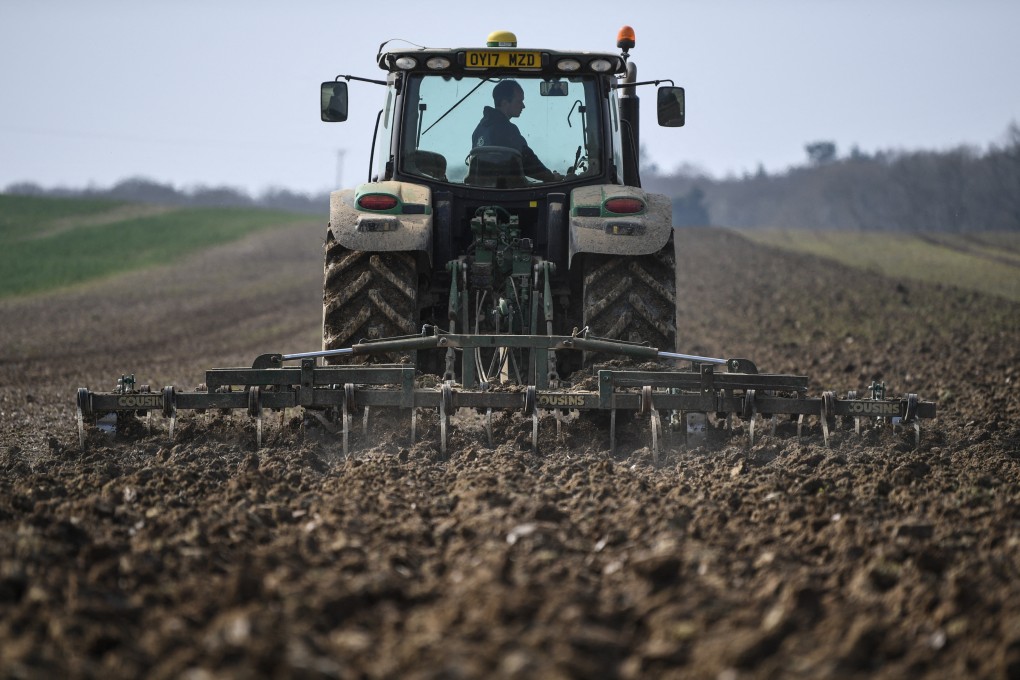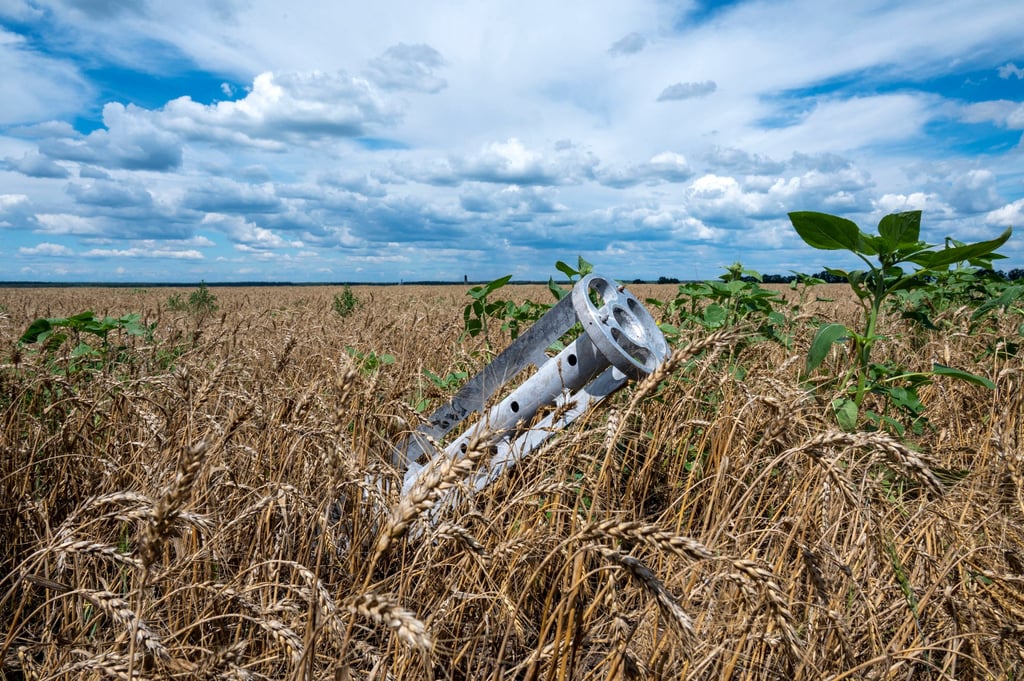Review | Food without farms – a blueprint for feeding the world and saving the planet by George Monbiot, environmental activist
- George Monbiot’s prediction that the global food system would break down came true when Russia invaded Ukraine. He has some ideas for what should replace it
- Modern farming is destroying land and harming soil fertility, so move most food production to factories and let nature recover, the environmental activist says

Regenesis: Feeding the World Without Devouring the Planet by George Monbiot, pub. Penguin Books
The week Russia invaded Ukraine, bread prices in Yemen jumped 35 per cent. In Lebanon, flour-deprived bakeries were suddenly forced to close, and cooking oil in Kenya all but disappeared from store shelves.

Monbiot is a long-time columnist for Britain’s Guardian newspaper and well known for his alarming but clear-eyed descriptions of a planet nearing its environmental limits. For more than a quarter of a century, his columns have tried to lift the science of climate change, species extinctions and other environmental calamities from the obfuscating murk that seems to paralyse policymakers. The result is both lucid and – with distressing regularity – scary.
